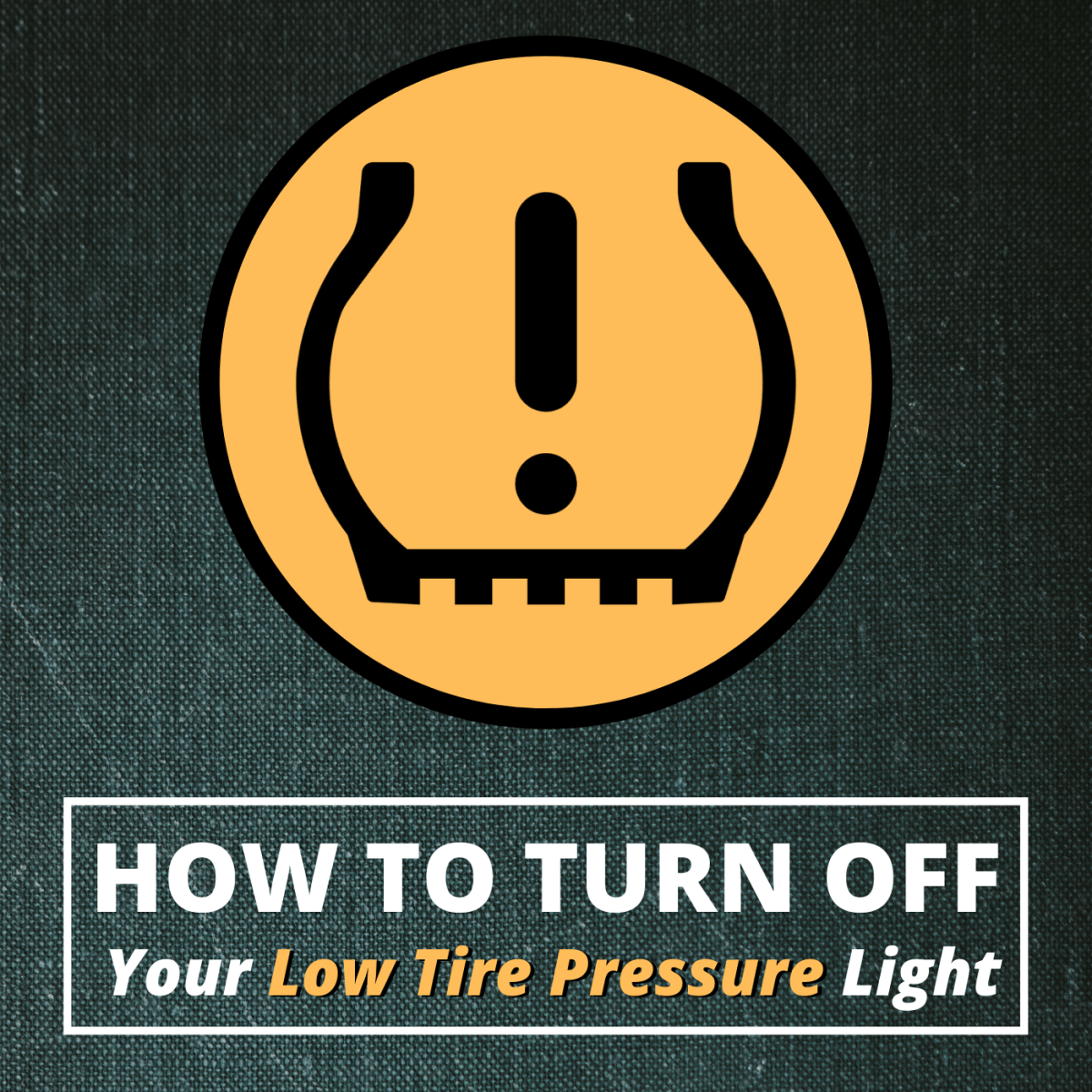That Pesky Light: Decoding Your Toyota RAV4's Low Tire Pressure Warning

Imagine this: You’re cruising down the highway, enjoying the smooth ride in your Toyota RAV4, when suddenly, a cryptic symbol illuminates on your dashboard – an exclamation point inside a horseshoe. What does it mean? Alien invasion? Impending doom? Probably not. It's likely the low tire pressure warning light, a small but mighty indicator that something’s not quite right with your tires.
This seemingly insignificant symbol plays a crucial role in maintaining your safety, fuel efficiency, and the overall health of your RAV4. Ignoring it can lead to a range of problems, from decreased fuel economy and uneven tire wear to potentially dangerous blowouts. Understanding this warning and what to do when it appears is vital for every RAV4 owner.
The Toyota RAV4, like most modern vehicles, is equipped with a Tire Pressure Monitoring System (TPMS). This system utilizes sensors within each tire to constantly monitor pressure levels. When the pressure in one or more tires drops below a predetermined threshold, the TPMS triggers the low tire pressure warning light on your dashboard. The threshold is typically around 25% below the recommended tire pressure, which is specific to your RAV4 model and can be found on a sticker located on the driver's side doorjamb or in your owner's manual.
The introduction of TPMS in vehicles was a significant step forward in automotive safety. Before TPMS, drivers relied on manual checks with a tire pressure gauge, which were often infrequent and inaccurate. TPMS provides a continuous, real-time assessment of tire pressure, alerting drivers to potential problems before they escalate.
But what happens when the dreaded symbol appears? The first and most important step is to check your tire pressure using a reliable gauge. Don't solely rely on the TPMS, as it's an indicator, not a precise measurement tool. If the pressure is indeed low, inflate your tires to the recommended level. If you notice significant pressure loss in a short period, inspect the tire for punctures or other damage. A persistent low-pressure reading, even after inflation, could indicate a slow leak that requires professional attention.
Ignoring a low tire pressure warning can result in reduced fuel economy, as underinflated tires create more rolling resistance. It can also lead to uneven tire wear, shortening the lifespan of your tires and requiring premature replacement. More seriously, driving with significantly underinflated tires increases the risk of a blowout, which can be dangerous, especially at high speeds.
Benefits of having a TPMS include increased safety, improved fuel economy, and extended tire life. The system allows you to proactively address tire pressure issues, preventing potentially hazardous situations and saving you money in the long run.
Advantages and Disadvantages of TPMS
| Advantages | Disadvantages |
|---|---|
| Improved Safety | Can be inaccurate in extreme temperatures |
| Increased Fuel Economy | Requires occasional sensor replacement |
| Extended Tire Life | Doesn't replace regular manual checks |
Best Practices:
1. Regularly check tire pressure with a gauge.
2. Consult your owner's manual for the recommended tire pressure.
3. Inspect your tires for damage regularly.
4. Address low tire pressure warnings promptly.
5. Have your TPMS sensors checked during regular vehicle maintenance.
FAQ:
1. What does the Toyota RAV4 low tire pressure symbol look like? It's an exclamation point within a horseshoe shape.
2. What should I do when the light comes on? Check your tire pressure with a gauge.
3. How often should I check my tire pressure? At least once a month.
4. Where can I find the recommended tire pressure for my RAV4? On the driver's side doorjamb or in the owner's manual.
5. What could cause a slow leak? A small puncture, a faulty valve stem, or damage to the wheel.
6. How do I reset the TPMS light after inflating my tires? Consult your owner's manual, as the process varies depending on the RAV4 model year.
7. Can I drive with the low tire pressure light on? It's not recommended. Address the issue as soon as possible.
8. What does TPMS stand for? Tire Pressure Monitoring System.
Tips and Tricks: Check your tire pressure when the tires are cold for the most accurate reading. Invest in a good quality tire pressure gauge. Be aware that temperature fluctuations can affect tire pressure.
In conclusion, understanding and addressing the Toyota RAV4 low tire pressure warning is essential for safe and efficient driving. The TPMS, while not a replacement for regular manual checks, serves as a valuable tool in maintaining proper tire pressure. By being proactive and addressing this seemingly small issue, you can avoid potential hazards, improve fuel economy, extend the life of your tires, and ultimately, enjoy a safer and more comfortable driving experience in your RAV4. Remember to consult your owner's manual for specific information related to your model year and always prioritize safety when it comes to vehicle maintenance. Don't ignore that glowing symbol – it’s there for a reason!
Decoding the the upside down smiley face
Understanding federal pay in charleston sc
The malay sultanate of malacca a maritime empire










